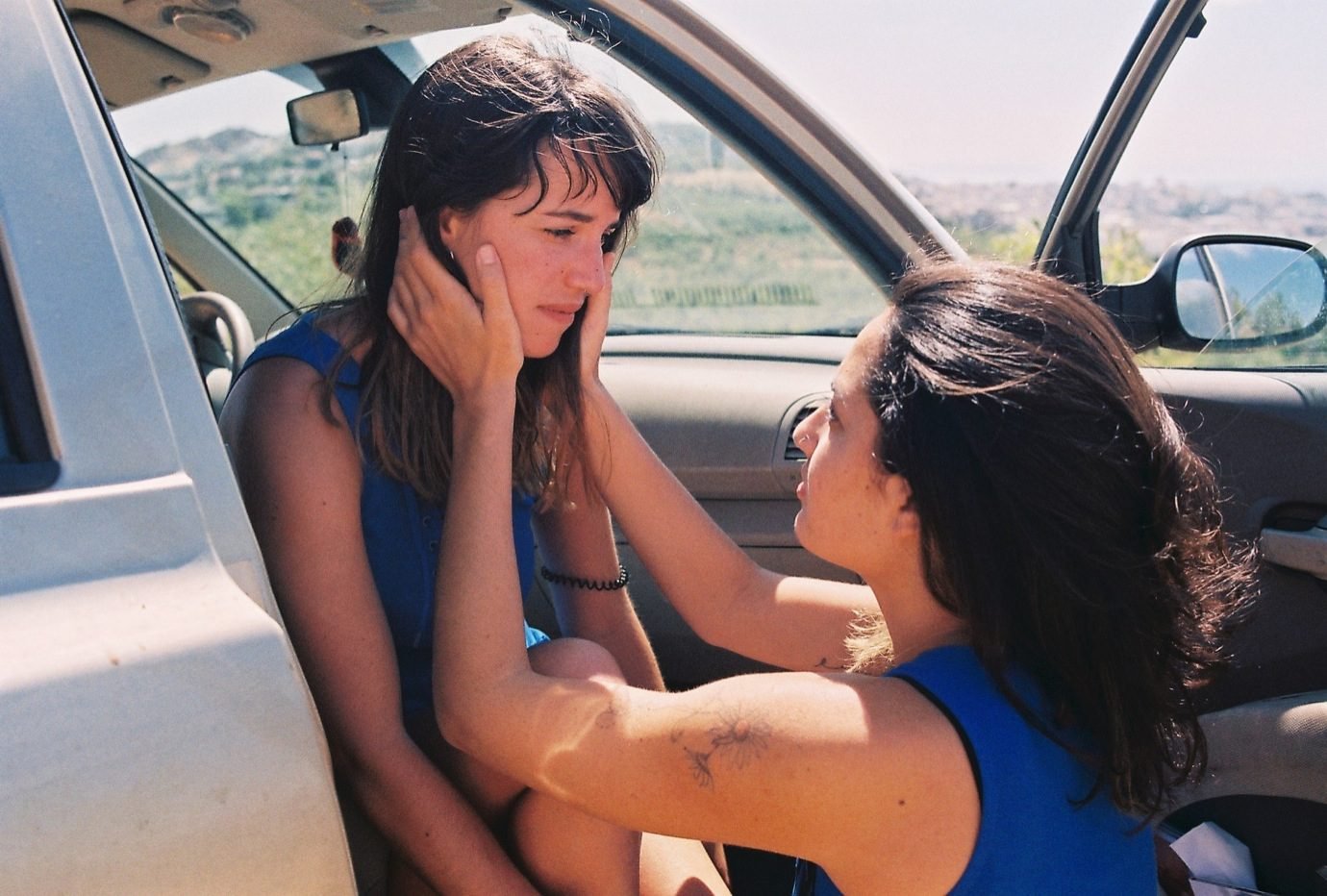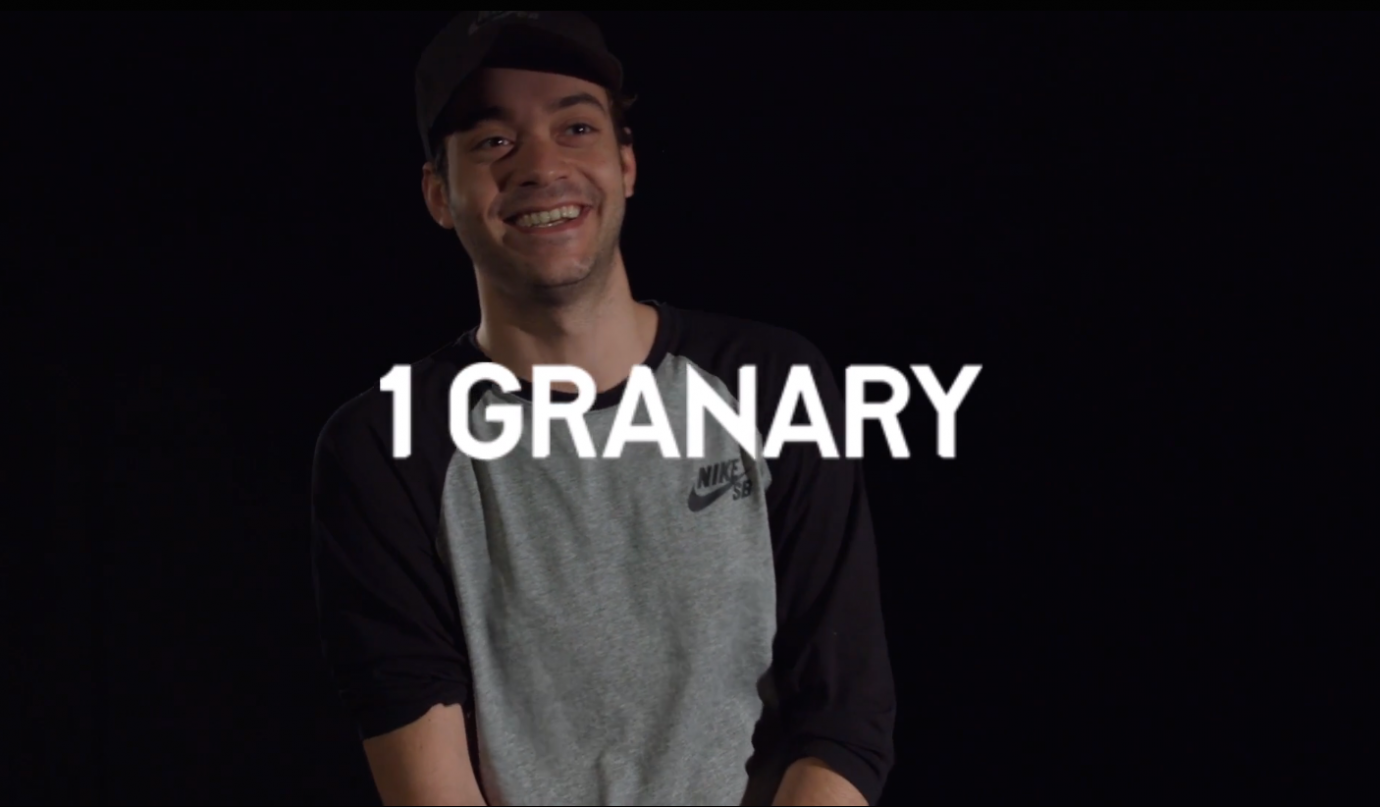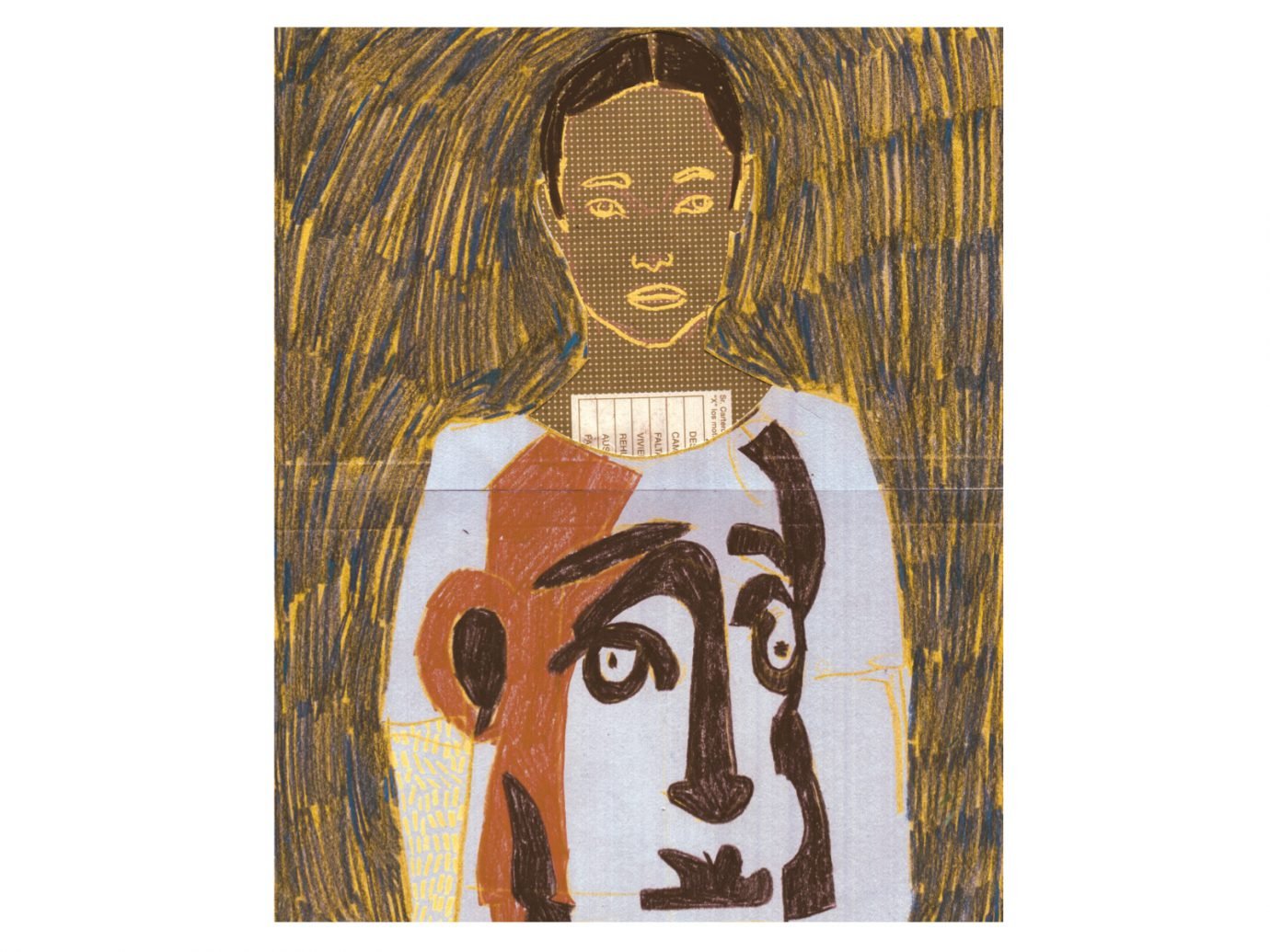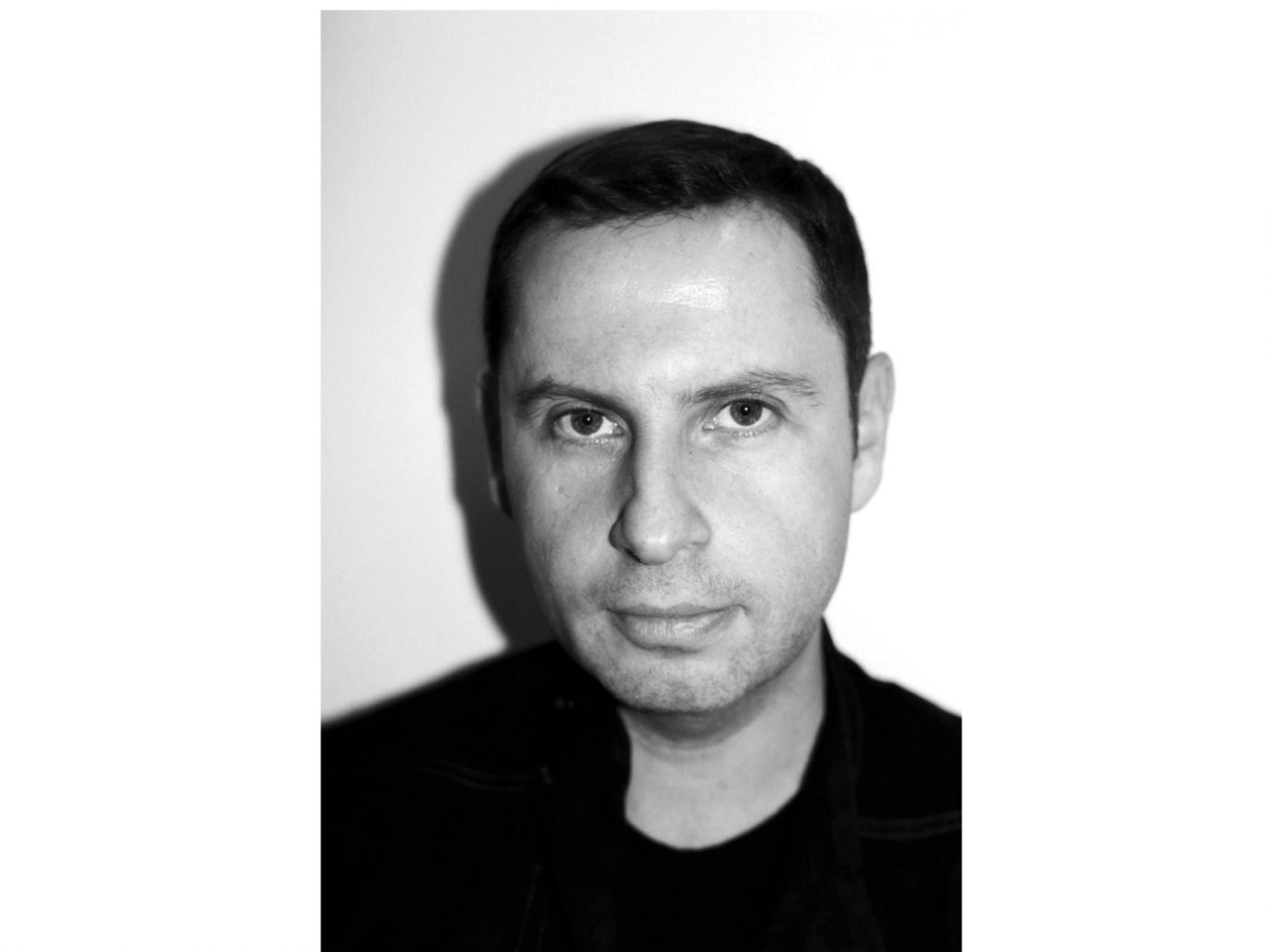Kate Phelan’s rise to the top ranks of British fashion has been the stuff of fashion fairytale. From growing up in the university town of Exeter, she first studied fashion at the nearby Somerset College of Arts and Technology, before surprising even herself by getting accepted to Saint Martins. On her placement year during her degree in Fashion Communication and Promotion in the late 1980s, a three-month internship at Vogue made her reconsider university. She dropped out before graduating and took the role of Fashion Assistant at the magazine. After a stint as Junior Fashion Editor at Marie Claire, she was back at Vogue House in 1992 and was soon responsible for Vogue’s fashion direction. Working with groundbreaking photographers like Nick Knight, Corinne Day and Paolo Roversi, Kate’s name became a by-word for the unique and creative British aesthetic espoused by British Vogue throughout the 1990s and 2000s. Her vision is inseparable from our modern conception of style in this country.
In 2011, Kate shocked some in the industry by moving to Britain’s high-street powerhouse Topshop. As creative director of the company, Kate became responsible for a nation’s fashion habit. Topshop is a brand that speaks to girls and women of all ages, in Britain and overseas. There’s still the element of playing in the dress-up box carried over from the years of those fantastical Vogue shoots, but Topshop put Kate at the helm of a commercial enterprise. In March 2013, after we met her, Condé Nast announced Kate would return to Vogue in a role that would be “significant, but not full-time”, while staying on Topshop. What does this mean for Kate? We can’t tell yet, but we think it spells great things for her vision of British fashion. [ed. note: Phelan has returned to Vogue as contributing editor]
“You think it’s hard to get in to the business now, imagine how it was 30 years ago. It was absolutely shrouded in mystery.”
I was reading about you at Saint Martins, how difficult it was to get in, but then how you dropped out two years later. It’s interesting to see the differences and similarities between when you were at Saint Martins and the students at CSM now.
I was there a long, long time ago. The industry was very different then. It really was. You think it’s hard to get in to the business now, imagine how it was 30 years ago. It was absolutely shrouded in mystery. You couldn’t even pick up a magazine and find out anything about the people who worked in them. The only people who were visible were the photographers and models. Sometimes even the hair and make up weren’t credited.
It was only when I got to a magazine that it started to unravel for me. Who does what, what teams you need to create these things and the whole production. I think I realised fairly quickly after I arrived there, I knew I could never be a designer, I knew I didn’t have the patience to make clothes. I loved fashion, so the only way to get into fashion was to say I wanted to be a designer. Of course, I went in to Saint Martins thinking I was going to be a designer, but then after that first year you specialise into your subjects so I went for FCP [Fashion Communication and Promotion]. That steered me more towards writing, PR and all those other elements, but still not really magazines and styling. It was only when I got to the magazine that I realised I loved fashion but didn’t want to make it – I wanted the clothes to play with.









